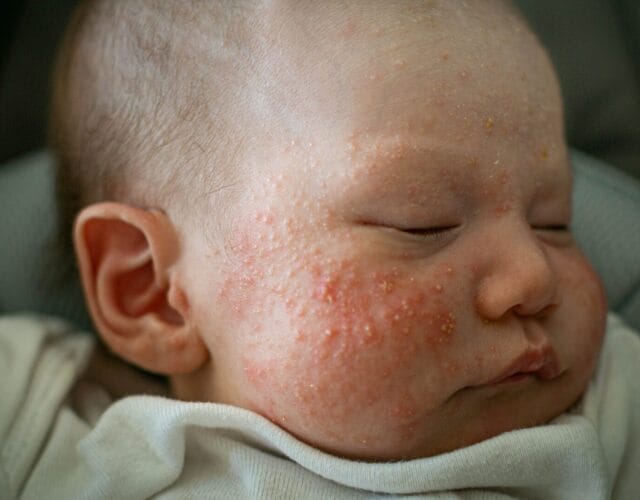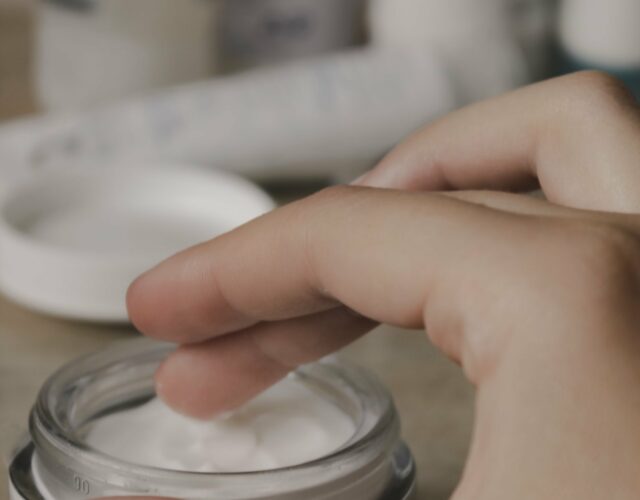Tooth health matters, and picking the right toothpaste makes a difference. Here’s some information to make you think twice before you buy your usual tube of toothpaste.
Important to Note:
- 92% of adults have had cavities develop in their permanent teeth
- Over 50% of children aged 6-11 have had cavities in their primary teeth
Move over Fluoride, Here comes Hydroxyapatite
Enamel is the hardest substance in the body, however it is under daily attack by plaque and acid formed by our modern diet. The substance that gives enamel its strength is hydroxyapatite, aka HAp, which forms a unique crystal structure that makes up 97% of enamel, 70% of dentin, and 60% of our bones.
The main draws of hydroxyapatite in toothpaste:
- It helps to remineralize (rebuild) tooth structure without any known side effects.
- Because your teeth recognize this compound, they absorb and uptake hydroxyapatite down to the root. This is most beneficial when we’re talking about tooth decay because HAp can reach down into the furthest area of decay to rebuild enamel on any tooth surface.
- It decreases tooth sensitivity and makes teeth whiter.
- Using HAp toothpaste will help protect your teeth from “acid attacks” by bacteria, but without wrecking your oral microbiome. Fluoride, on the other hand, is a bactericide and tends to kill off bacteria in the mouth.
- Preliminary studies show hydroxyapatite may help with gum disease.
Beware of these Two Differences:
Nano- HAp is a gold standard in Japan and its small size is great for decreasing tooth sensitivity.
Micro-HAp is derived only from natural ingredients and can be found in higher quantities than Nano-HAp.
The main benefit of nano-HAp is that it’s more likely to prevent sensitive teeth than microHAp.
Nano particles dissolve as soon as they hit the stomach. One randomized controlled trial found that brushing with a nano-hydroxyapatite toothpaste improved tooth sensitivity equal to a fluoride toothpaste after as little as 2 weeks.
The 2 Toothpastes that include HAp:
- BOKA
- RiseWell Mineral Toothpaste – BUY HERE USE: TEMPLE10, for 10% off
Fun Studies for your entertainment:
The BDJ open shows that 10% HAp toothpaste is as effective as 500 ppm fluoride toothpaste
The Open Dentistry Journal reviewed other studies that examined the effect hydroxyapatite has on teeth. It noted that toothpastes that contain the ingredient helped to reduce plaque, minimize bleeding gums and reduce oral bacteria.
One study, published in the Journal of Dental Research, Dental Clinics, Dental Prospects, looked at the effect hydroxyapatite toothpaste had on a group of 80 extracted teeth. Forty teeth were brushed with an ordinary fluoride toothpaste and 40 were brushed with a toothpaste containing both fluoride and nano-hydroxyapatite (nano means the particles of hydroxyapatite were extremely small). All the teeth were demineralized using an acid solution, then brushed twice daily with one of the two toothpastes for 15 days. The teeth that were brushed with the nano-hydroxyapatite containing toothpaste were considerably harder (remineralized) at the end of the study compared to those brushed with toothpaste containing only fluoride.
Another study published in the Korean Journal of Materials Research examined the effect that toothpaste containing a variety of concentrations of hydroxyapatite could have on teeth. Researchers created multiple kinds of toothpaste with concentrations of hydroxyapatite ranging from 0 to 15 percent. The toothpaste samples were then applied to extracted human teeth that had been drilled to create artificial cavities. After seven days of cycling between a demineralizing acid solution, a remineralizing solution and brushing treatment, the teeth brushed with the toothpaste that contained the highest concentration of hydroxyapatite showed the most improvement in the strength of the enamel (remineralized) and the lessen the depth of the cavities.




